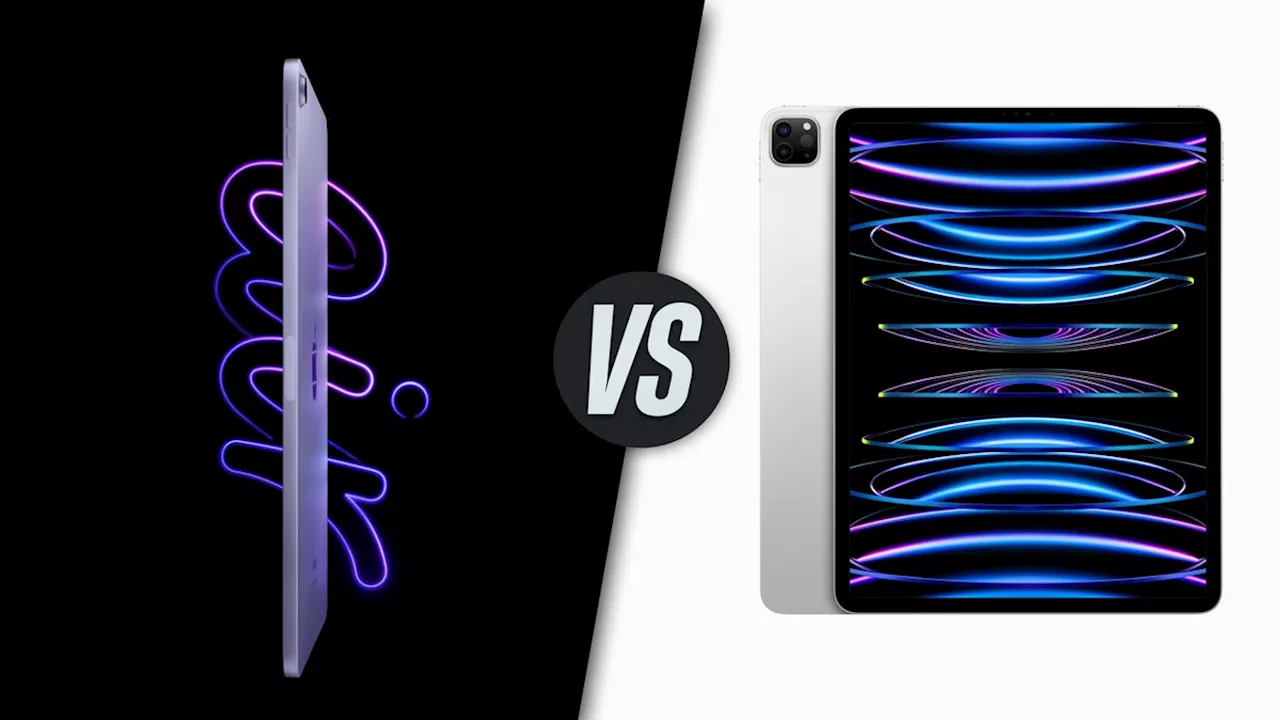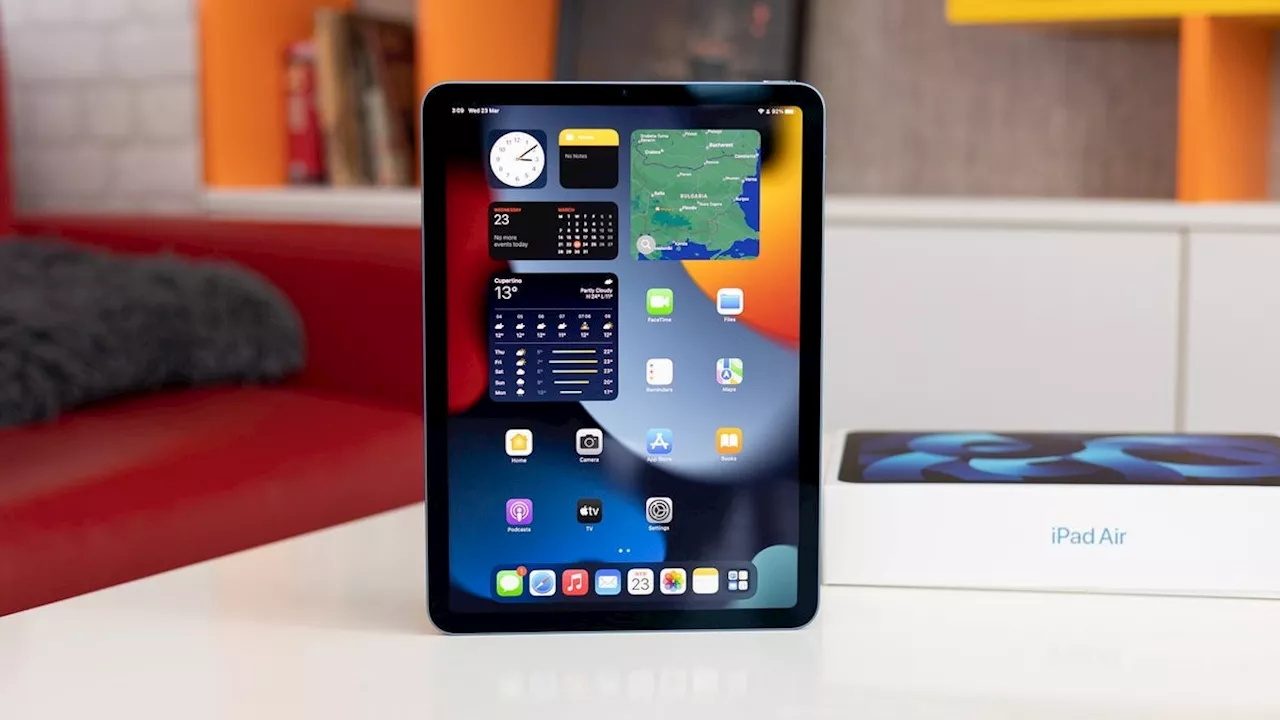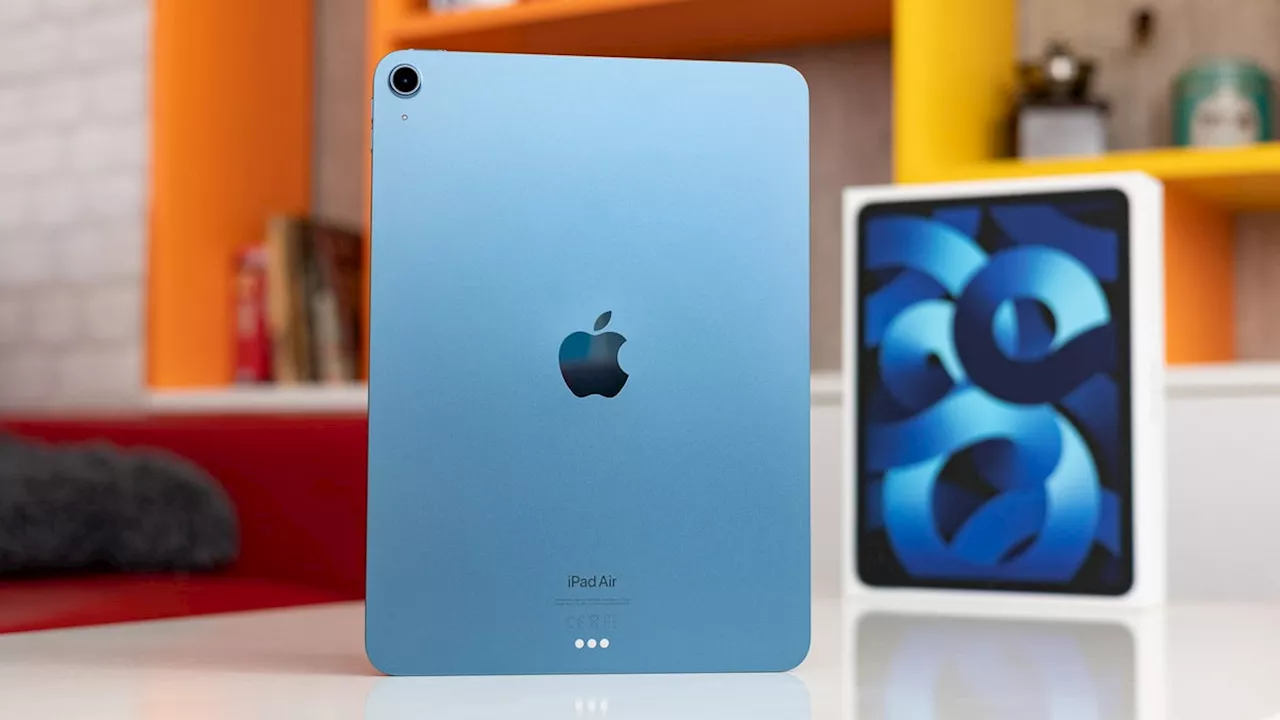Air and liquid cooling are two of the main ways to keep your PC from overheating, but is one method better than the other? Let’s find out!
Air cooling and water cooling are the two main temperature control options for your home computer. And if you’re the type of person who enjoys building your PC from the ground up, you’ll know just how many air and liquid cooling accessories you have to choose from. While air cooling is arguably the most straightforward method, there are definitely some advantages to going with a liquid-chilled configuration.
Related Despite how easy it is to work with, air cooling can have extremely high performance, too. You don’t even need one of the biggest CPU coolers to get it. High-end air coolers like the Noctua NH-D15 are big, but not gigantic, and they offer credible competition to some of the most powerful all-in-one watercooling solutions.
Air coolers can be excellent for noise levels as well, though. While they can’t offer the same surface area for cooling as the largest AIOs and therefore do tend to need to have faster-spinning fans to compensate, that’s not the case if you’re willing to use less power-hungry CPUs, or lower their performance or voltage slightly.
That’s a strict generalization, though, as from cooler to cooler, there often isn’t a lot of difference between air and water when it comes to cooling ability. A high-end 240mm AIO will perform about as well as a high-end dual-tower air cooler, and the price often won’t be that different either. That changes with the larger 360mm and 480mm AIOs, where there’s just more metal than any air cooler can come compete with.
Installing the watercooler can be more fiddly, since you’ll be dealing with preattached tubing that you don’t want to stress too much. You also need to factor in mounting the radiator in the right spot, which can lead to clearance issues depending on your case and component layout. But the downsides are compounded too. Setup and installation is a lot of effort and there’s the potential for leaks in your system, noisy and annoying air bubbles you have to bleed, the evaporation and buildup in the loop that requires flushing and replacing the fluid every six months to a year. Upfront costs are high and resale value is almost nonexistent.
Aio Air Cooling Heatsinks PC Cooling Water Cooling
United Kingdom Latest News, United Kingdom Headlines
Similar News:You can also read news stories similar to this one that we have collected from other news sources.
 iPad Pro (2024) vs. iPad Air (2024): the difference is clearApple's new iPad Pro and iPad Air series have never been more different. For the best experience, it's the iPad Pro. To save some money, choose the iPad Air.
iPad Pro (2024) vs. iPad Air (2024): the difference is clearApple's new iPad Pro and iPad Air series have never been more different. For the best experience, it's the iPad Pro. To save some money, choose the iPad Air.
Read more »
 2024 iPad Air vs. 2024 iPad Pro: spec comparisonApple recently updated the iPad Air and iPad Pro with new chips, better screens, and other capabilities. But which is right for you? Here, we compare the two tablets.
2024 iPad Air vs. 2024 iPad Pro: spec comparisonApple recently updated the iPad Air and iPad Pro with new chips, better screens, and other capabilities. But which is right for you? Here, we compare the two tablets.
Read more »
 iPad Air M2 (2024) vs iPad Pro M4 (2024): expectationsPreslav, a member of the PhoneArena team since 2014, is a mobile technology enthusiast with a penchant for integrating tech into his hobbies and work.
iPad Air M2 (2024) vs iPad Pro M4 (2024): expectationsPreslav, a member of the PhoneArena team since 2014, is a mobile technology enthusiast with a penchant for integrating tech into his hobbies and work.
Read more »
 Apple signals the imminent release of the iPad Air (2024) and iPad Pro (2024)Alan, an ardent smartphone enthusiast and a veteran writer at PhoneArena since 2009, has witnessed and chronicled the transformative years of mobile technology. Owning iconic phones from the original iPhone to the iPhone 15 Pro Max, he has seen smartphones evolve into a global phenomenon.
Apple signals the imminent release of the iPad Air (2024) and iPad Pro (2024)Alan, an ardent smartphone enthusiast and a veteran writer at PhoneArena since 2009, has witnessed and chronicled the transformative years of mobile technology. Owning iconic phones from the original iPhone to the iPhone 15 Pro Max, he has seen smartphones evolve into a global phenomenon.
Read more »
 iPad Air (2024) vs. iPad Air (2022): What’s actually different?The iPad Air (2024) packs new M2 silicon and now also comes in a 13-inch model alongside the 11-inch offering. But should you upgrade from the 2022 iPad Air?
iPad Air (2024) vs. iPad Air (2022): What’s actually different?The iPad Air (2024) packs new M2 silicon and now also comes in a 13-inch model alongside the 11-inch offering. But should you upgrade from the 2022 iPad Air?
Read more »
 iPad Air 6 (2024) VS iPad Air 5 (2022): More power, more spaceAleksandar is a tech enthusiast with a broad range of interests, from smartphones to space exploration. His curiosity extends to hands-on DIY experiments with his gadgets, and he enjoys switching between different brands to experience the latest innovations.
iPad Air 6 (2024) VS iPad Air 5 (2022): More power, more spaceAleksandar is a tech enthusiast with a broad range of interests, from smartphones to space exploration. His curiosity extends to hands-on DIY experiments with his gadgets, and he enjoys switching between different brands to experience the latest innovations.
Read more »
